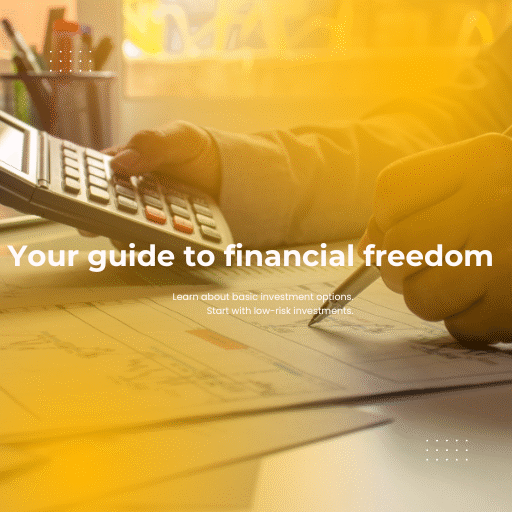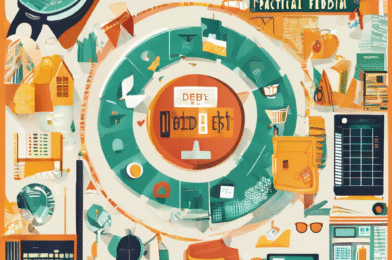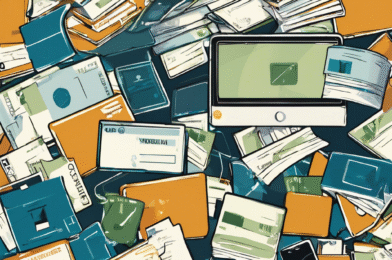Looking to boost your income without committing to a second job? It’s a common goal for many people looking to increase their financial stability. Luckily, there are several creative and effective ways to make extra money without taking on another traditional job. By exploring different avenues and utilizing your skills and resources, you can find opportunities to supplement your income and reach your financial goals. Here are some practical tips on how to make extra income without a second job.
First and foremost, consider leveraging the power of the gig economy. Platforms like TaskRabbit, Fiverr, and Upwork offer opportunities to provide services on a freelance basis. Whether you have skills in graphic design, writing, programming, or household tasks, there is likely a demand for your expertise in the gig economy. By taking on freelance gigs, you can earn extra money on your own schedule.
Another option to consider is renting out your belongings or space. Platforms like Airbnb allow you to rent out a room in your home or even your entire property to travelers looking for accommodations. Additionally, you can rent out items you own but don’t use frequently, such as camera equipment, tools, or even clothes. This can be a simple way to generate passive income.
If you have a passion for crafting or creating, consider selling your handmade goods online. Websites like Etsy provide a platform for artisans to sell their unique creations to a global audience. Whether you’re skilled in jewelry making, woodworking, or knitting, there is a market for handmade products. By setting up an online store, you can turn your hobby into a profitable side business.
Furthermore, taking online surveys or participating in market research studies can be a simple way to earn extra cash in your spare time. Companies are constantly seeking consumer feedback, and they are willing to compensate participants for their opinions. Websites like Survey Junkie and Swagbucks offer opportunities to earn money by sharing your thoughts on products and services.
Consider monetizing your hobbies and interests by starting a blog or YouTube channel. If you have a passion for cooking, fitness, travel, or any other topic, creating content online can attract an audience and potential sponsors. By building a following, you can earn money through advertising, sponsored content, and affiliate marketing.
Another option to explore is becoming a virtual assistant. Many businesses and entrepreneurs are in need of administrative support but may not require a full-time assistant. By offering your services remotely, you can assist with tasks such as email management, scheduling, and social media management. This flexible work arrangement can provide a steady stream of income without the commitment of a traditional job.
Additionally, consider tutoring or teaching online to make extra income. With the rise of remote learning, there is a growing demand for online tutors in various subjects. Whether you excel in math, language arts, or music, you can offer your expertise to students around the world. Platforms like VIPKid and Chegg Tutors connect educators with learners for virtual instruction.
If you have a knack for photography, consider selling your photos to stock photography websites. Companies are constantly in need of high-quality images for their websites, marketing materials, and social media posts. By uploading your photos to platforms like Shutterstock or Adobe Stock, you can earn royalties each time your image is downloaded or licensed.
Another creative way to make extra income is by offering pet sitting or dog walking services. Many pet owners are in need of reliable caregivers for their furry friends while they are away. By signing up with websites like Rover or Wag, you can connect with pet owners in your area and earn money by providing pet care services.
Consider turning your passion for fitness into a profitable side hustle by becoming a fitness instructor or personal trainer. Whether you’re certified in yoga, Pilates, or strength training, there is a demand for fitness professionals to lead classes and training sessions. You can offer your services at local gyms, community centers, or even online.
Furthermore, you can make extra income by participating in focus groups or mystery shopping assignments. Companies often seek feedback from consumers on their products and services, and they are willing to compensate participants for their time and opinions. By signing up with market research companies, you can earn money by sharing your feedback on various brands and products.
If you have a green thumb, consider selling produce from your garden or offering gardening services in your community. Farmers’ markets, local stores, and neighbors may be interested in purchasing fresh fruits, vegetables, or flowers grown in your backyard. Additionally, you can offer your gardening expertise to help others maintain their gardens or landscapes for a fee.
Another option to consider is monetizing your social media presence by becoming an influencer or affiliate marketer. If you have a strong following on platforms like Instagram, TikTok, or YouTube, you can partner with brands to promote their products or services to your audience. By sharing sponsored content or affiliate links, you can earn a commission for driving sales.
Lastly, consider renting out your car through platforms like Turo or Getaround to make extra income. If you have a vehicle that sits idle for long periods, you can rent it out to individuals in need of temporary transportation. This can be a convenient way to generate passive income without much effort on your part.
In conclusion, there are numerous ways to make extra income without taking on a second job. By exploring different opportunities and leveraging your skills and resources, you can find creative ways to supplement your income and improve your financial situation. Whether you choose to freelance, sell products online, offer services in your community, or monetize your hobbies, there are plenty of options available to help you reach your financial goals. With determination and creativity, you can increase your income and achieve greater financial stability without the need for a traditional second job.










